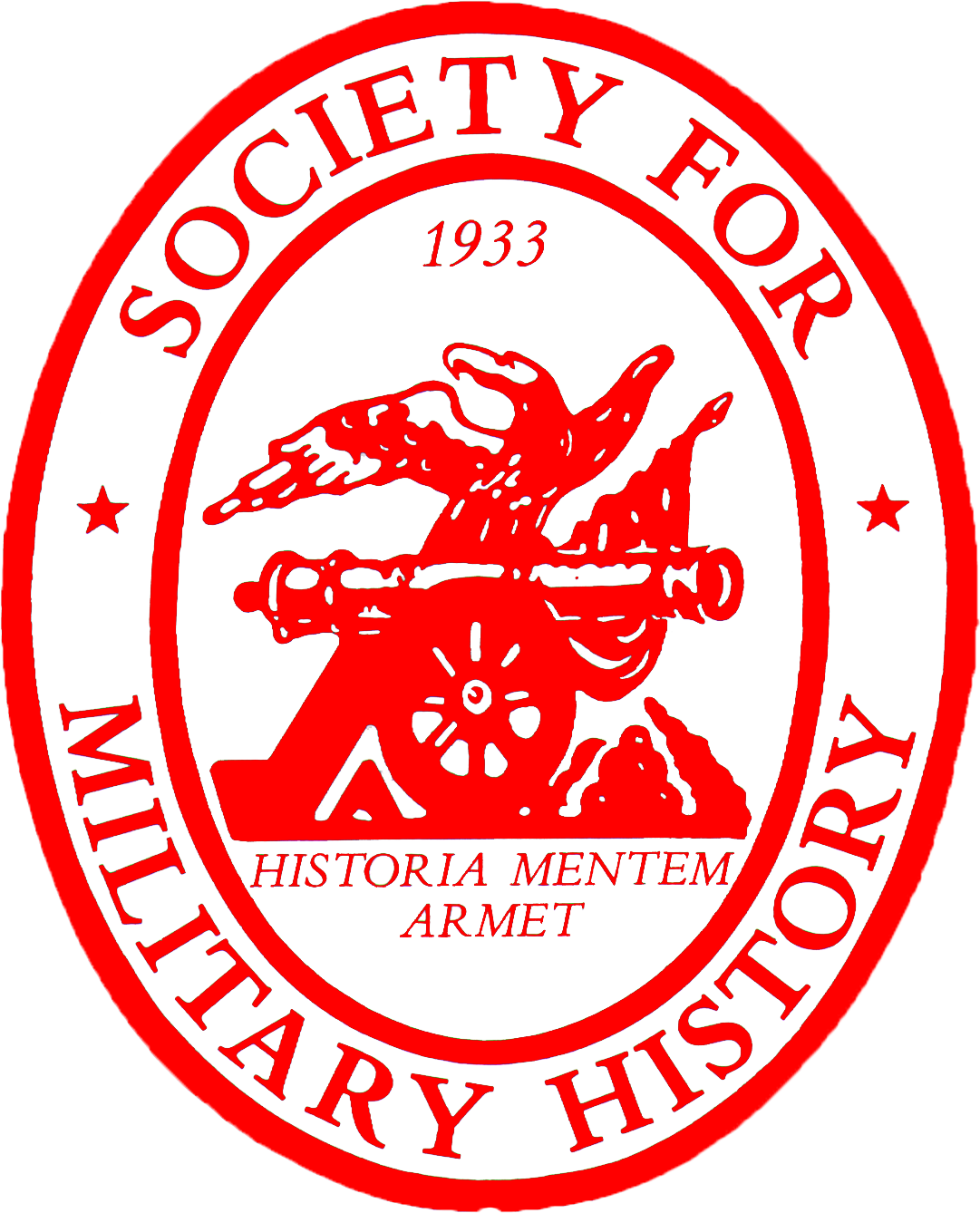
The First Division Museum McCormick Research Center, Wheaton, Illinois
by Michael Dolski
Temple University
Students and scholars interested in American military affairs will find a well-stocked library and archive at the McCormick Research Center located in the First Division Museum. The museum stands on the Cantigny Park estate of the late Colonel Robert R. McCormick in Wheaton, IL, near Chicago. The library holdings include thousands of books, magazines, journals, and unpublished manuscripts. Among the latter is an excellent collection of rare unit histories and field manuals. The archival resources center primarily, although not exclusively so, on the U.S. Army’s 1st Infantry Division. The holdings include after action reports, oral history transcripts, letters, speeches, officer education material, photographs, films, artifacts, and some personal collections. The collections contain materials related to the 1st Infantry Division found in other archives, such as oral history transcripts from Dwight D. Eisenhower Presidential Library. The collections include an enormous number of artifacts that researchers can view when arranged in advance. The research center holds materials of particular interest to anyone conducting research on American twentieth century military affairs, especially those exploring the World Wars, Vietnam, or the Persian Gulf War. In addition, the Museum and Research Center has aggressively collected materials on the 1st Infantry Division’s role in the current conflict in Iraq and Afghanistan.
The McCormick Research Center staff members display a high level of professionalism and actively attend to individual researchers. The staff is relatively small-sized, so it is best to arrange research trips ahead of time. The center closes during the entire month of January. The archival storage occupies an area adjacent to the research room. Although researchers normally do not have direct access to the holdings, desired materials arrive for use promptly upon request. Visitors must drive to Cantigny Park, pass through an entrance gate, and then walk up to the museum after parking. The research center occupies the basement of the museum. The only entrance requirement is a brief sign-in sheet standing on the main desk in the research center. Once checked in, visitors can browse the bookshelves in the research room, consult catalog listings of archival material, or speak with research support staff located in nearby offices.
The McCormick Research Center is easy to access and research-friendly. The staff permits visitors to bring their equipment into the room, including bags. Table space is plentiful and there are electrical outlets for laptops or other electronic devices. The research room has a wireless access point to provide Internet capability to laptop users. The room houses audiovisual equipment for researcher use, including a new microfilm scanner, and a combination DVD player/VCR with monitor. The research center offers a copy machine for public use with a small fee assessed per page. Visiting the McCormick Research Center also affords researchers the opportunity to walk through the excellent museum located one floor above. Strolling through the beautiful park presents opportune breaks from the research. Cantigny Park boasts numerous gardens, another museum dedicated to Robert R. McCormick, and a sizeable tank park with various American military vehicles.
Two major airports service the Chicago metropolitan area. Travel from either O’Hare or Midway airport requires an approximately 45-minute drive. Cantigny Park stands just a few miles off the major I-88 tollway. Ground transportation of some sort is a definite requirement for researchers. There are moderately priced hotels within a five to ten-minute drive from the museum. Cantigny Park has a restaurant and coffee shop and nearby Wheaton provides a variety of chain and local restaurants for visitors, some with meals as low as $5-10. Conscientious researchers can trim daily expenses for room and board to $40-50 per day. To defray research costs, the First Division Museum offers research assistance and a one-year research fellowship.
(Spring 2011)
